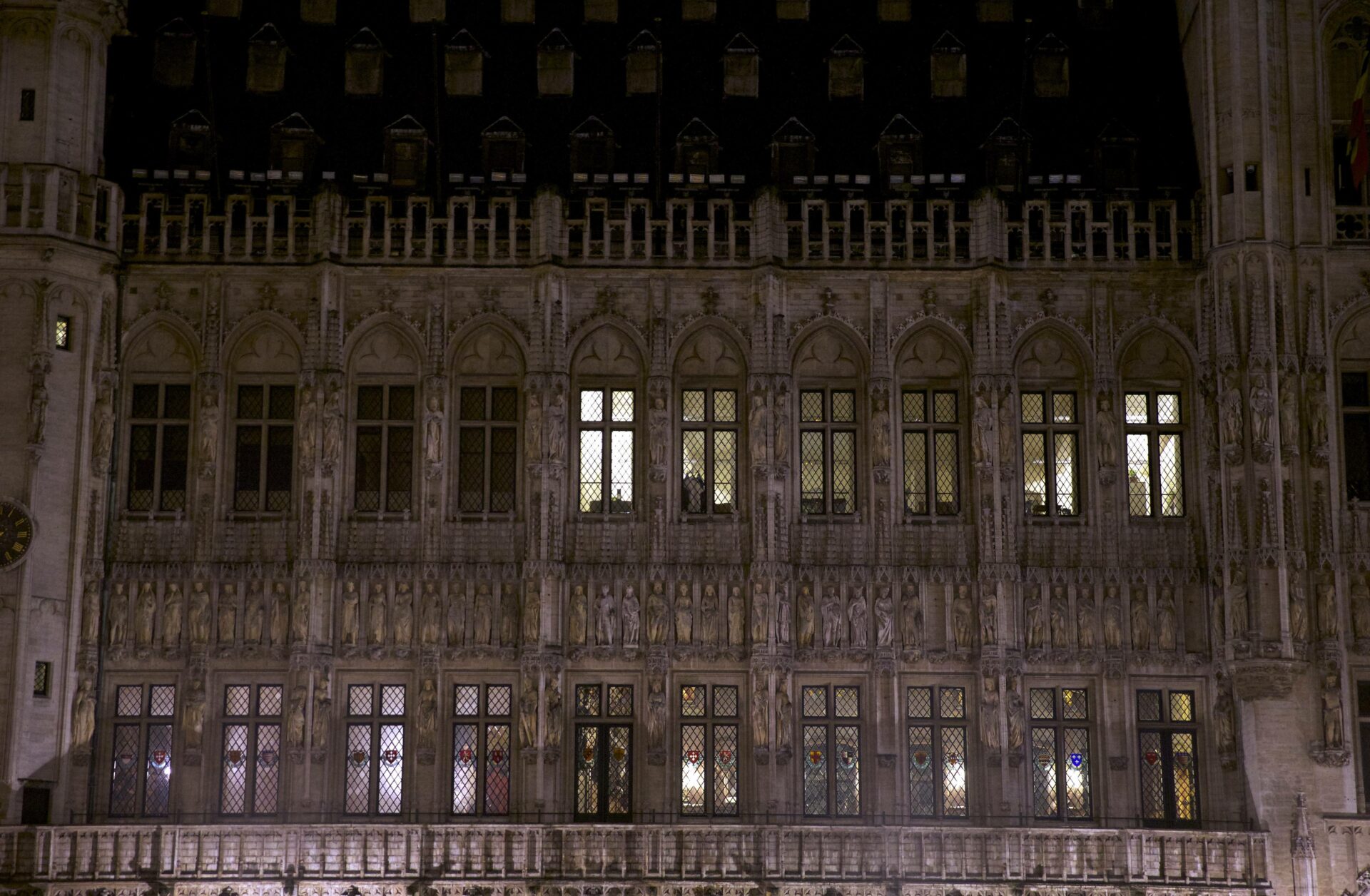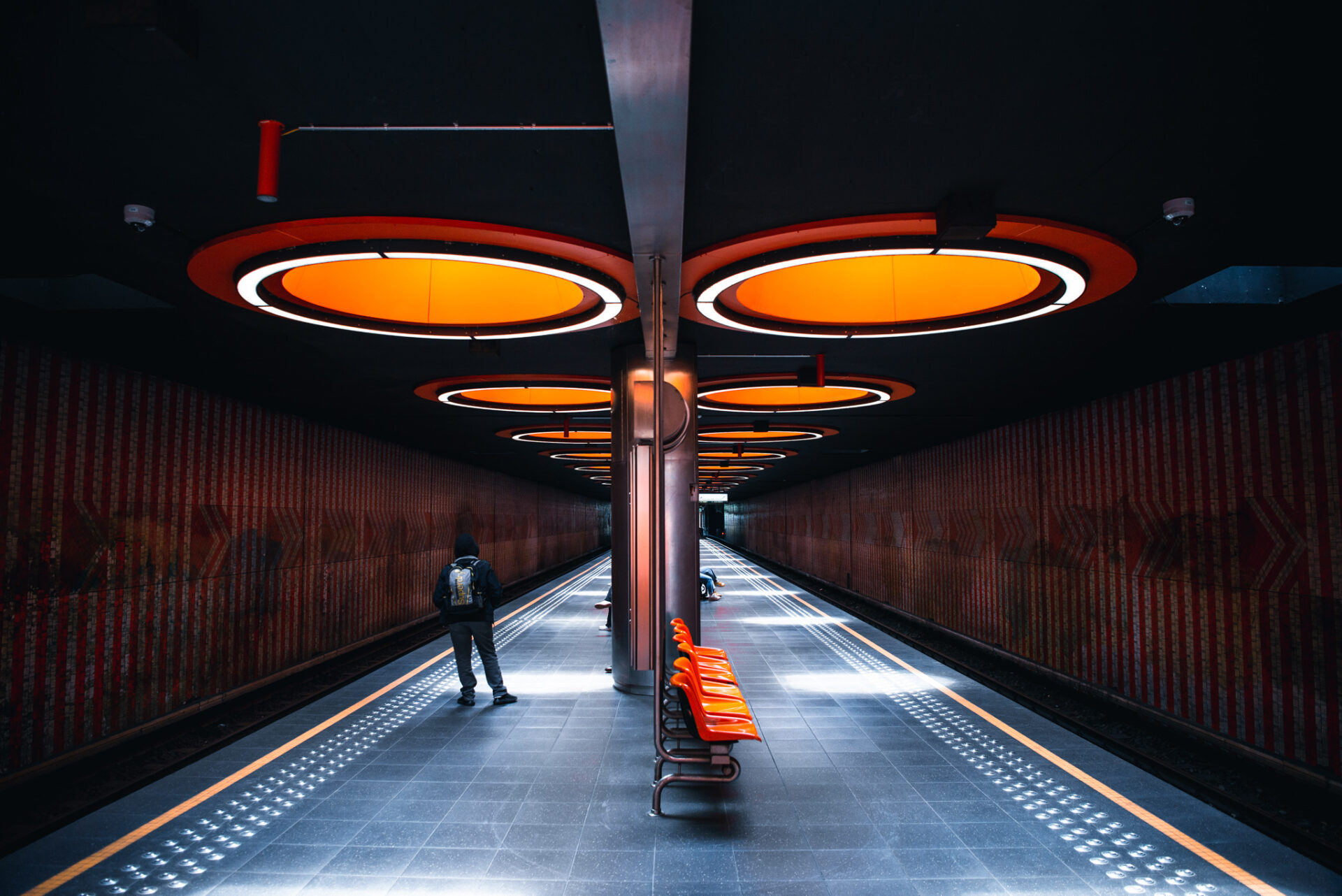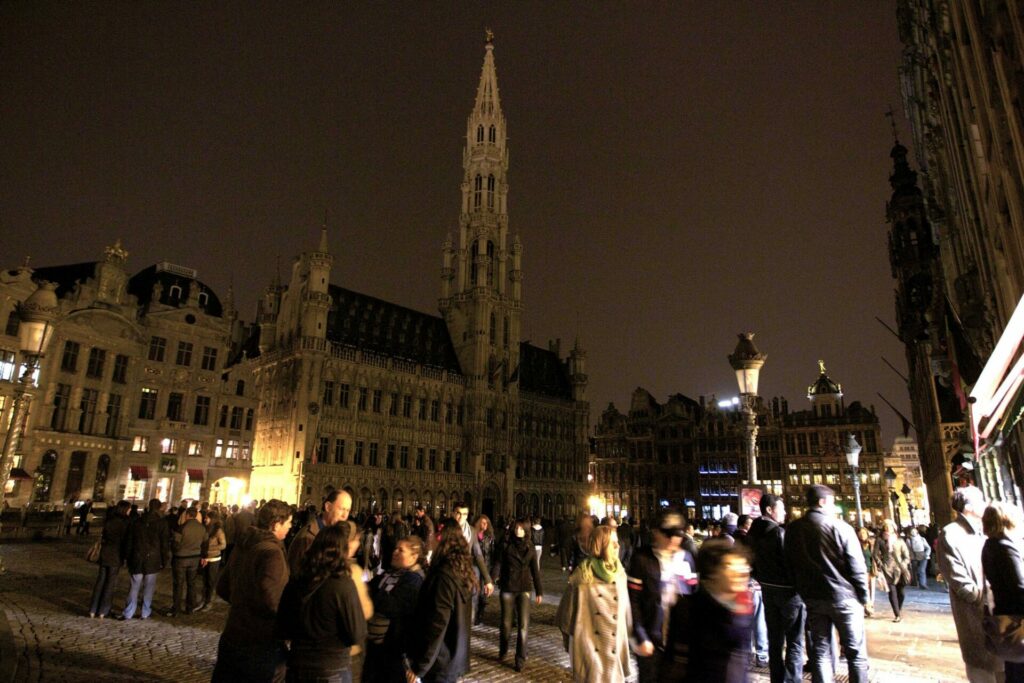The lights on the Grand Place in Brussels will once again be switched off on Saturday for "Earth Hour", an initiative which calls on citizens, cities and companies to take part in the symbolic action.
The action is an international appeal to mobilise for the planet in the same week as the UN Intergovernmental Panel on Climate Change (IPCC)'s latest report. The world's top scientists continue to warn that the planet is nearing catastrophic levels of heating with immediate, radical changes required.
Yet, political action still appears to be slow. To draw attention to climate change and the reduction of energy consumption, the World Wildlife Fund (WWF) launched "Earth Hour" in 2007 and has since organised it every year. With this edition, the NGO wants to remind people that this decade will be crucial for halting nature loss.
"Globally, we are losing precious nature at an unprecedented rate. Europe is no exception: 81% of natural habitats are degraded or in poor conservation status. The result: biodiversity is rapidly declining," the organisation wrote in a statement.

Earth Hour on Grand Place in 2015. Credit: Belga/ Nicolas Maeterlinck
"In Belgium too, the state of biodiversity is worrying," it warned. Just 15.5% of the land area is protected, while European recommendations aim for 30%, while 75% of wetlands in Flanders — vital assets in the fight against climate change and its devastating effects — have been lost since the second half of the 20th century.
A legislative proposal presented by the European Commission aims to restore 20% of land and sea and 25,000 km of rivers by 2030, which will force governments to take action to restore Europe's nature, an "important step in the fight against the biodiversity and climate crisis."
Earth Hour in Brussels
Between 20:30 and 21:30 on Saturday evening, millions of people and hundreds of cities across the world, including Brussels, will take part in the action. The Grand Place in Brussels will be plunged into darkness to the sound of an acoustic concert by the Quiron Quartet, the Belgian branch of WWF announced.
From 16:00 in the afternoon, WWF representatives will be present on the square, organising activities to raise awareness of nature protection. Brussels' landmark attraction Atomium will also be switching off its lights for an hour.
At the same time, Brussels public transport operator STIB will also be taking part in the action, it confirmed on Thursday. It will reduce the lighting — the lights will not be completely switched off for safety reasons — in 26 of its metro and pre-metro stations across the region.

Lights will be dimmed in 26 stations across Brussels. Credit: STIB
"The lighting will be dimmed to one-third of their normal intensity, saving more than 700kWh, which is equivalent to more than two months of electricity consumption for a Brussels household," STIB said in a statement, adding that more than 51 stations are fitted with LED lighting, which consumes about 65% less energy than conventional lighting.
Related News
- New IPCC report: A grim and final warning on climate action
- Brussels City Council adopts smart city strategy
This year, WWF is going one step further and is inviting people to get involved in a concrete way, for example by picking up litter in their neighbourhood, writing to their local politicians to ask them to protect the environment or learning about biodiversity loss.

